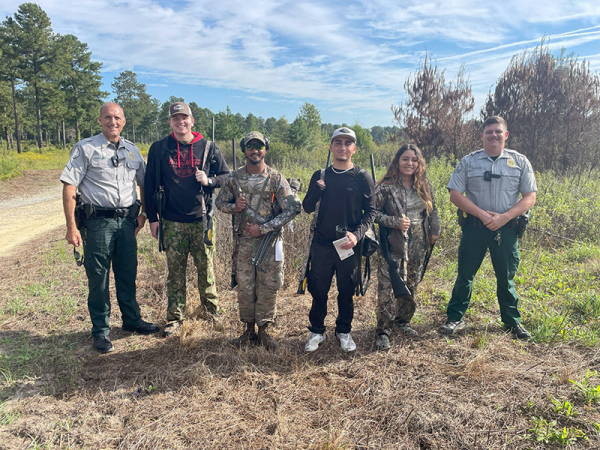SITKA’s Diverge 12 Photo Contest


Submit your entry and be part of the storytelling legacy.
SITKA Gear, a pioneer in the outdoor apparel industry, presents Diverge 12, the annual photo contest with a unique platform created to deepen the art of hunting storytelling and portray the lives of hunters in an honest and inspiring way. This contest, now in its 12th year, shifts focus from the harvest of game species to the broader, more authentic hunting experience.
Instead of focusing on “grip-and-grin” photos, SITKA Gear’s Diverge 12 photo contest addresses the need to share the “moments in between” that accurately depict and celebrate the hunting experience. It expands the definition of “trophy” to encompass any experience in the field that is hard-earned, ethically considered and mindful of future generations. It’s about presenting hunting stories that inspire and honor our shared hunting heritage.
“Capturing the holistic hunting experience is a powerful way to convey the true spirit and beauty of hunting and the outdoors,” said Todd Barker, Marketing Director at SITKA Gear. “The SITKA Diverge Photo Contest encourages hunters and photographers to share the real, unfiltered stories from their pursuits.”
SITKA Gear invites all hunters and outdoor enthusiasts to participate in Diverge 12 by sharing their moments of triumph, suffering, reflection and adventure.
Contest Categories: Big Game, Whitetail, Waterfowl, Turkey, The Life, and Roughcuts
Category winners, as well as the grand prize winner, will receive exciting prizes from SITKA Gear and participating brand partners.
How to Enter: Read more







